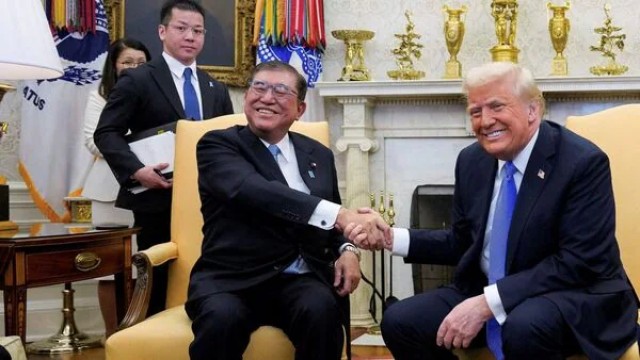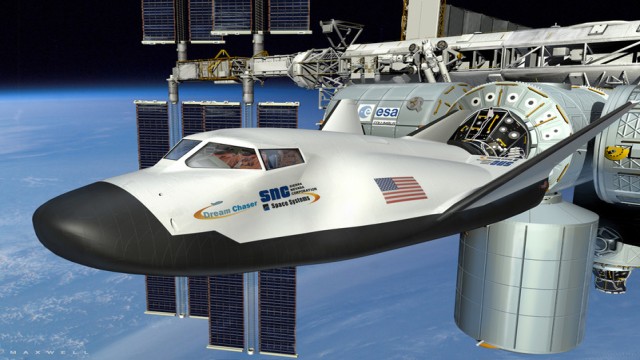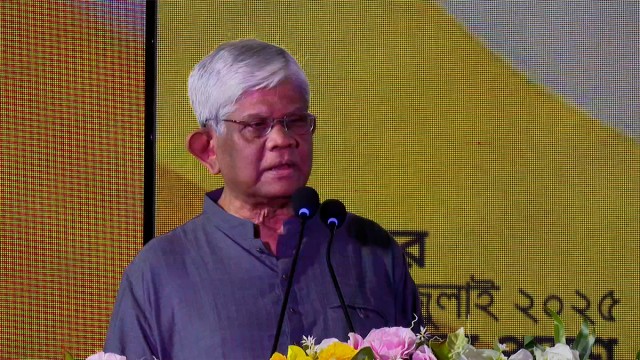Washington, July 24 (V7N) – Japan has struck a landmark trade agreement with the United States, slashing tariffs on auto imports from 27.5% to 15%, a move that economists believe could serve as a benchmark for future trade negotiations with Washington.
This deal, which also reduces tariffs on other Japanese goods set to take effect on August 1, is the most significant of several agreements President Donald Trump has concluded so far. It puts additional pressure on China and the European Union (EU), which face critical trade deadlines in August.
Tariff Reductions and Global Impact
The new tariff level of 15% on auto imports from Japan is still significant, but analysts argue that it is more manageable than the previous uncertainty that has hindered global business investment decisions. Economists like Mohit Kumar at Jefferies point out that despite tariffs rising globally, a stable 15% tariff rate may be acceptable for the global economy.
The trade agreement also includes commitments for U.S.-bound investment and loans from Japan, signaling growing optimism for workable trade deals despite the ongoing tariff concerns.
Market Reactions
Following the announcement, Japan's Nikkei index surged 3.5%, while automaker stocks in Europe also saw significant gains. Companies like Volvo, Porsche, BMW, and Mercedes-Benz, all with significant U.S. sales, saw stock prices jump by up to 10%. Financial analysts suggest that this positive trade news has helped ease investor fears of tariffs escalating in August.
Pressure on China and the EU
While the U.S.-Japan deal is seen as a step forward, the pressure now shifts to other major global economies, especially China and the EU. President Trump has indicated that tariffs on the EU could rise to 30% by August 1, potentially crippling transatlantic commerce.
The EU, initially aiming for a tariff of around 10%, now faces the prospect of higher tariffs due to the lack of a negotiated settlement. Similarly, China, with an August 12 deadline looming, could see tariffs climb to a staggering 145% unless it negotiates a new deal with the U.S.
The Road Ahead for Global Trade
As the deadline for other trade negotiations approaches, Japan's deal sets a precedent for how global economies may navigate the shifting tariff landscape. The agreement is likely to push other major Asian exporters, including the Philippines and Indonesia, to strike favorable trade deals with the U.S. before the looming tariffs take full effect.
With pressures mounting globally, the next few weeks could prove pivotal in shaping the future of international trade, as countries seek to balance tariff commitments with economic stability.
END/WD/AJ/






























Comment: